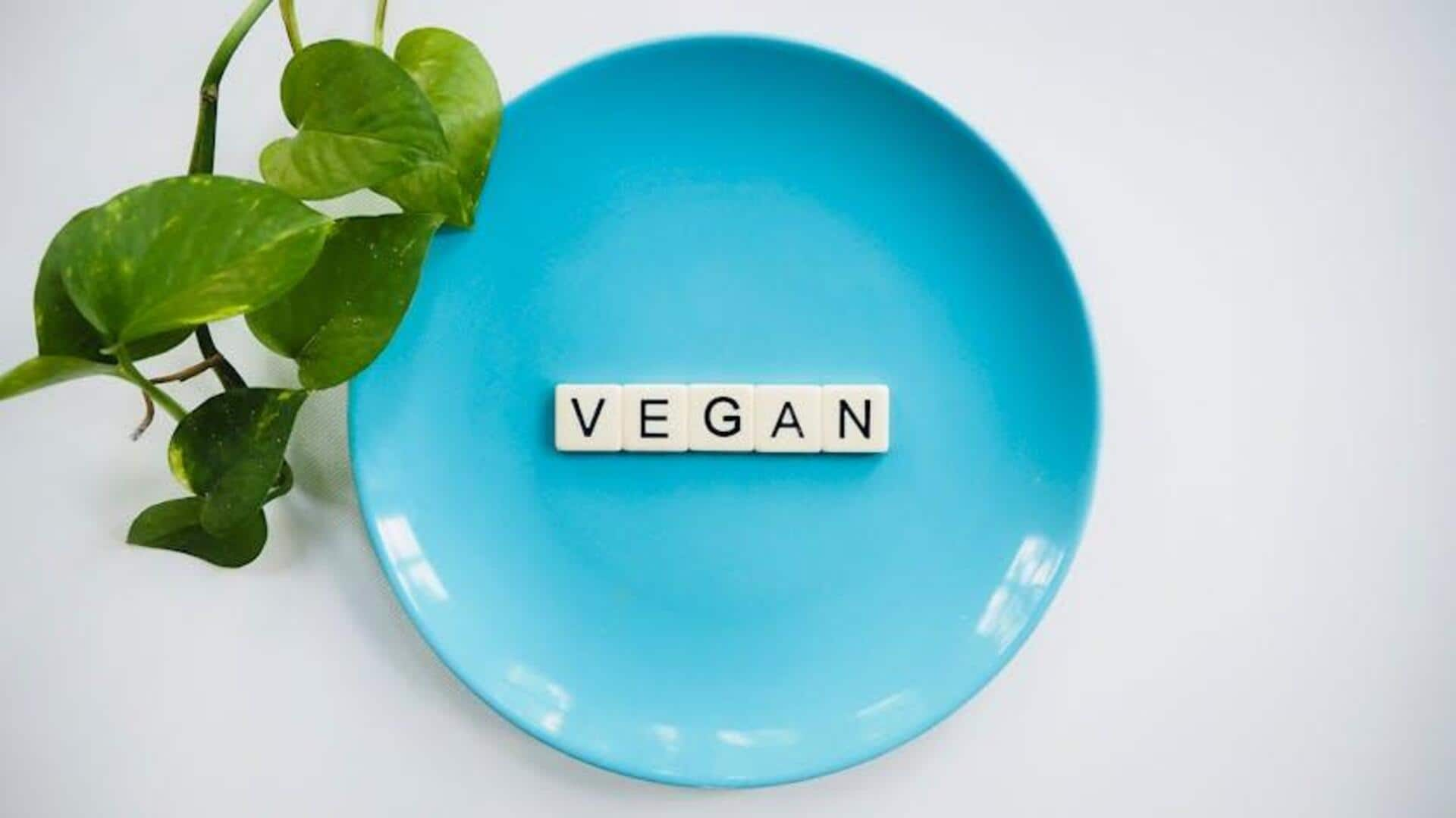
New to veganism? Start with these foods
What's the story
Embarking on a vegan journey can be exciting and overwhelming at the same time. For beginners, understanding the essential food groups is key to maintaining a balanced diet. A well-planned vegan diet ensures you get all the necessary nutrients without compromising on taste or variety. This article explores five essential food groups that are crucial for beginners starting their vegan journey, ensuring nutritional balance and culinary delight.
#1
Legumes: A protein powerhouse
Legumes such as lentils, chickpeas, and beans are essential for any vegan diet. They are rich in protein and fiber, which is why they are an excellent substitute for animal-based proteins. Legumes also provide essential nutrients such as iron and folate. Including legumes in your meals can help you meet your daily protein requirements while keeping your energy levels stable.
#2
Whole grains: The fiber source
Whole grains like quinoa, brown rice, and oats are also an important part of a balanced vegan diet. They are rich in fiber, which helps with digestion and keeps you feeling full. Whole grains also provide important vitamins and minerals such as magnesium and B vitamins. Adding whole grains to your meals can help you maintain a healthy weight and support overall health.
#3
Nuts and seeds: Healthy fats
Nuts and seeds provide healthy fats that are important for heart health. Almonds, walnuts, chia seeds, and flaxseeds are some of the best sources of omega-3 fatty acids. These healthy fats are important for brain function and reducing inflammation in the body. Including nuts and seeds in your diet can help you maintain balanced cholesterol levels.
#4
Fruits: Natural vitamins
Fruits are a rich source of vitamins, especially vitamin C, which is important for immune function. They also provide antioxidants that protect cells from damage by free radicals. Berries, citrus fruits, apples, bananas, and so on are some of the best options to include in a vegan diet for their nutritional benefits.
#5
Vegetables: Nutrient-rich options
Vegetables are an important part of any vegan diet as they are packed with nutrients such as potassium, calcium, magnesium, and fiber. Leafy greens like spinach or kale provide iron, while root vegetables like carrots give beta-carotene, which is good for eyesight. Tomatoes are rich in lycopene, which is good for heart health. Bell peppers provide vitamin A, promoting healthy skin.